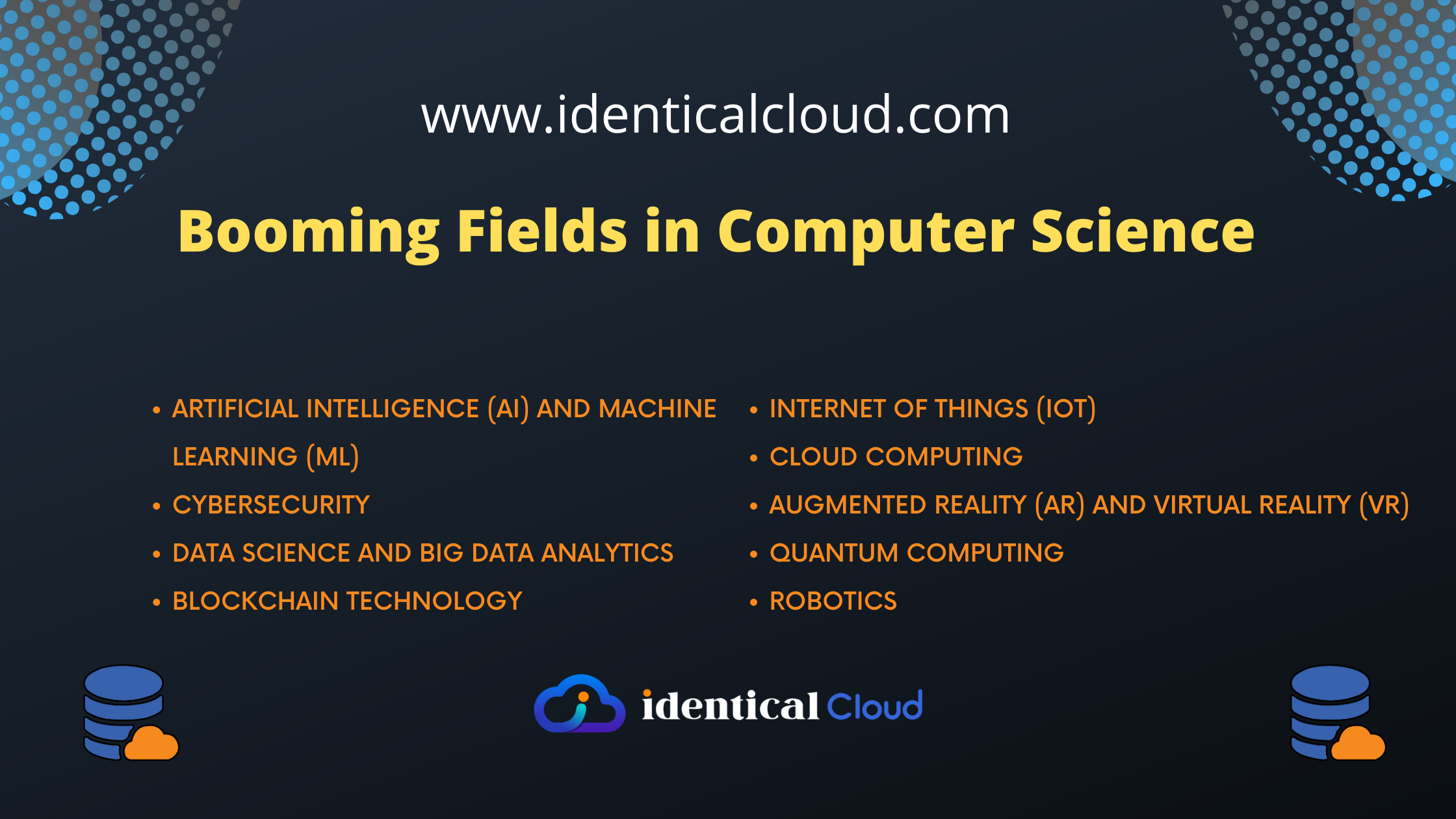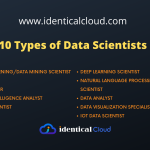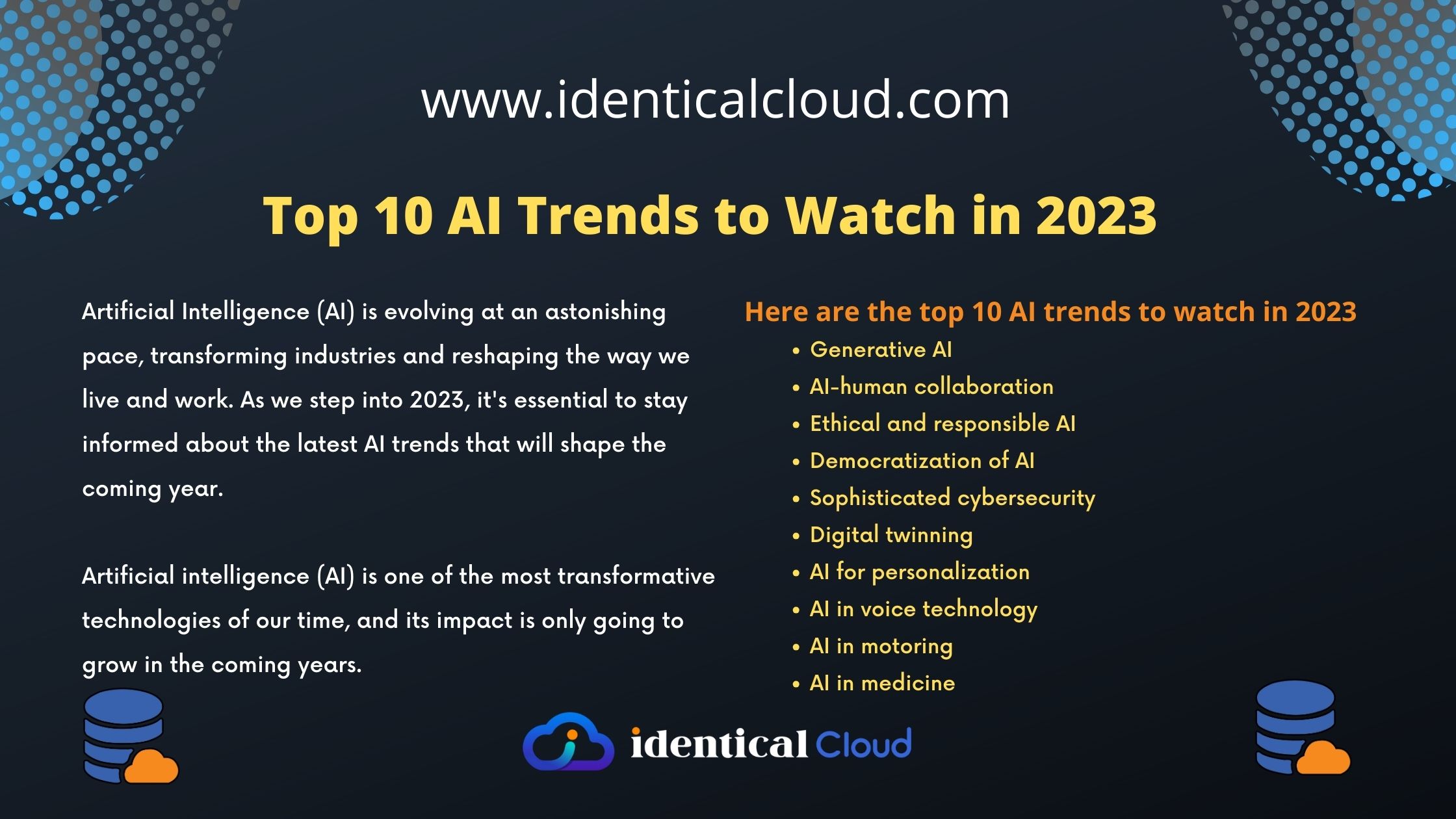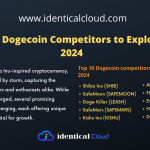
Booming Fields in Computer Science
Booming Fields in Computer Science
Computer science is a rapidly evolving field that continuously drives innovation and shapes the future of technology. From artificial intelligence and cybersecurity to data science and blockchain, there are several booming areas within computer science that offer exciting opportunities for both professionals and enthusiasts.
In this blog post, we will dive into the details of some of the most promising and rapidly growing fields in computer science, exploring their significance, potential, and the impact they have on various industries.
Artificial Intelligence (AI) and Machine Learning (ML)
Artificial Intelligence and Machine Learning have been at the forefront of technological advancements in recent years. AI encompasses the development of intelligent systems that can simulate human-like behavior and decision-making processes. ML, on the other hand, focuses on developing algorithms and models that enable computers to learn and make predictions based on data. These fields have revolutionized various industries, including healthcare, finance, transportation, and more. AI and ML are paving the way for autonomous vehicles, personalized medicine, smart assistants, and intelligent data analysis, among many other applications.
Cybersecurity
With the increasing prevalence of cyber threats and data breaches, the field of cybersecurity has gained immense importance. Cybersecurity professionals work to protect computer systems, networks, and data from unauthorized access, theft, and malicious attacks. As technology advances, so do the techniques employed by cybercriminals, making cybersecurity a rapidly evolving field. From developing robust encryption algorithms to implementing secure protocols and conducting vulnerability assessments, cybersecurity experts play a critical role in safeguarding digital assets and privacy.
Data Science and Big Data Analytics
In the age of big data, organizations across various sectors are realizing the value of extracting meaningful insights from vast amounts of data. Data science combines statistical analysis, machine learning, and domain expertise to derive actionable insights and make data-driven decisions. Data scientists use sophisticated algorithms and techniques to process and analyze large datasets, uncover patterns, and gain valuable insights. The applications of data science are diverse, ranging from personalized marketing and predictive analytics to healthcare diagnostics and fraud detection.
Blockchain Technology
Blockchain technology, originally developed for cryptocurrencies like Bitcoin, has now expanded its potential to various industries. A blockchain is a decentralized and immutable digital ledger that securely records transactions across multiple computers or nodes. This technology offers transparency, security, and trust, making it useful for applications beyond financial transactions. Blockchain finds applications in supply chain management, healthcare records, smart contracts, decentralized applications (DApps), and more. Its decentralized nature eliminates the need for intermediaries, providing greater efficiency and reliability.
Internet of Things (IoT)
The Internet of Things refers to the network of interconnected physical devices embedded with sensors, software, and connectivity, enabling them to collect and exchange data. IoT has witnessed significant growth, connecting everyday objects such as smart home devices, wearables, industrial equipment, and vehicles to the internet. This connectivity opens up possibilities for automation, remote monitoring, and data-driven decision-making. IoT has the potential to transform industries like healthcare, agriculture, transportation, and energy management, improving efficiency, convenience, and sustainability.
Cloud Computing
Cloud computing has revolutionized the way organizations store, process, and access data and applications. It involves the delivery of computing services, including servers, storage, databases, networking, and software, over the internet. Cloud computing offers scalability, cost-effectiveness, and flexibility, enabling businesses to focus on core activities rather than infrastructure management. The demand for cloud solutions is rapidly growing as more companies migrate their systems to the cloud, fostering innovation, collaboration, and remote work capabilities.
Augmented Reality (AR) and Virtual Reality (VR)
Augmented Reality and Virtual Reality technologies are transforming the way we interact with digital content and our physical surroundings. AR enhances the real world by overlaying virtual elements, whereas VR immerses users in a completely simulated environment. These technologies have significant potential in fields such as gaming, education, healthcare, architecture, and training simulations. From interactive gaming experiences to virtual tours and medical simulations, AR and VR offer immersive and engaging experiences that blur the line between the physical and digital worlds.
Quantum computing
Quantum computing is a new field of computing that uses quantum mechanics to solve problems that are intractable for traditional computers. Quantum computing is still in its early stages of development, but it has the potential to revolutionize a wide variety of industries, such as healthcare, finance, and artificial intelligence.
Robotics
Robotics is a field of engineering that deals with the design, construction, operation, and application of robots. Robots are being used in a variety of industries, such as manufacturing, healthcare, and logistics.
The world of computer science is rich with opportunities and possibilities. The fields mentioned in this blog post, including Artificial Intelligence and Machine Learning, Cybersecurity, Data Science and Big Data Analytics, Blockchain Technology, Internet of Things, Cloud Computing, and Augmented Reality and Virtual Reality, are experiencing significant growth and are poised to shape the future of technology. As aspiring professionals and technology enthusiasts, it is essential to stay abreast of these booming fields and continuously enhance our skills to contribute to and benefit from the advancements in computer science.








